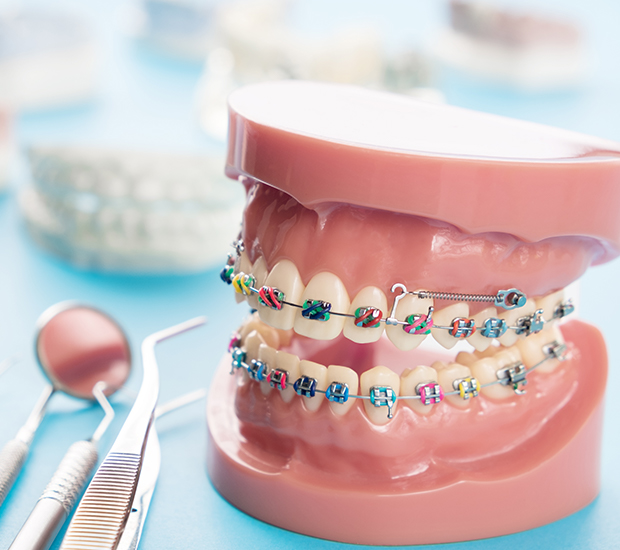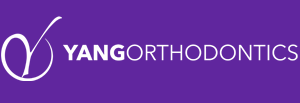

Jaw Alignment and Orthodontics: Understanding the Connection



Proper jaw alignment is not only crucial for a beautiful smile but also plays a significant role in maintaining oral health and overall well-being. Misaligned jaws, also known as malocclusions, can lead to a range of dental and functional issues.
Fortunately, orthodontic interventions can effectively correct these alignment issues, providing patients with improved aesthetics, better oral health, and enhanced quality of life.
This article will cover the connection between jaw alignment and orthodontics, exploring how misaligned jaws can impact oral health and discussing how certain orthodontic treatments can help address these concerns.
The Impact of Misaligned Jaws:



Misaligned jaws can result in various problems that extend beyond just aesthetics. Here are some ways in which jaw misalignment can affect oral health and overall well-being:
Dental Issues: Malocclusions can lead to crowded, crooked, or protruding teeth. These issues make proper oral hygiene maintenance challenging, increasing the risk of tooth decay, gum disease, and cavities. Additionally, improper jaw alignment can cause abnormal tooth wear, leading to premature tooth loss.
Chewing and Digestion Problems: When the jaws are misaligned, it can impact the proper functioning of the chewing mechanism. This can result in difficulties when biting, chewing, and swallowing food. Improper digestion can lead to gastrointestinal problems and nutrient deficiencies.
Speech and Articulation Difficulties: Misaligned jaws can affect speech clarity and pronunciation. Patients may experience difficulties with certain sounds or have a lisp, which can impact communication and self-confidence.
Temporomandibular Joint (TMJ) Disorders: Malocclusions can contribute to the development of TMJ disorders, causing pain, jaw stiffness, headaches, and even migraines. TMJ disorders can significantly impact daily activities and quality of life.
Orthodontic Solutions for Jaw Alignment Issues:



Orthodontics offers effective solutions for correcting jaw alignment problems. Orthodontic treatments focus on realigning the teeth and jaws, improving both aesthetics and functionality. Here are some common orthodontic interventions used to address misaligned jaws:
Braces: Traditional braces are an effective method to align teeth and jaws gradually. By applying gentle pressure over time, braces can correct various malocclusions, including overbites, underbites, crossbites, and open bites.
Functional Appliances: Functional appliances are specialized orthodontic devices that target jaw misalignments. They help modify the growth of the jaws, bringing them into proper alignment. Examples of functional appliances include Herbst appliances and twin-block appliances.
Orthognathic Surgery: In severe cases, when the misalignment is significant, orthognathic surgery may be recommended. This procedure involves surgical repositioning of the jaws to achieve proper alignment. Orthognathic surgery is often combined with orthodontic treatment for optimal results.
The Benefits of Correcting Jaw Alignment:
Addressing jaw alignment issues through orthodontic interventions offers numerous benefits, including:



Improved Oral Health: Properly aligned jaws make it easier to maintain good oral hygiene, reducing the risk of dental issues such as tooth decay, gum disease, and cavities. Additionally, aligned jaws promote even distribution of chewing forces, reducing the chances of tooth wear and fractures.
Enhanced Functionality: Correcting jaw misalignment improves the functioning of the bite, allowing for proper chewing, swallowing, and speaking. This can lead to improved digestion, speech clarity, and overall comfort.
Aesthetics and Confidence: Aligned jaws contribute to a harmonious facial appearance and a confident smile. Correcting jaw alignment can boost self-esteem and improve overall facial symmetry.
Jaw alignment is a vital aspect of oral health and overall well-being. Misaligned jaws can lead to dental issues, difficulties with chewing and speech, and even temporomandibular joint disorders. However, through orthodontic interventions such as braces, functional appliances, and/or orthognathic surgery, these alignment problems can be effectively addressed.
By correcting jaw misalignment, patients can enjoy improved oral health, enhanced functionality, and a confident smile. If you’re experiencing any jaw alignment concerns, give Yang Orthodontics a call at 215-757-0864 or schedule a FREE consultation.
Remember, a properly aligned jaw goes beyond aesthetics—it is an investment in your oral health and overall quality of life.
